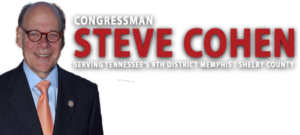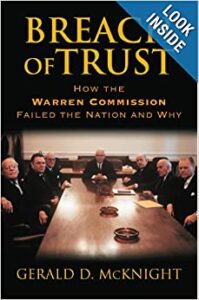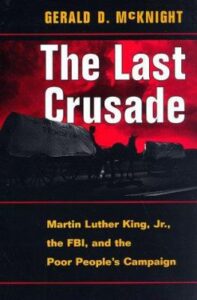WASHINGTON – Congressman Steve Cohen (TN-09) today led a letter to President Biden asking him to release the remaining records related to the 1963 assassination of President John F. Kennedy. The letter was signed by Representatives Anna Eshoo (CA-18) and James McGovern (MA-03).
The letter reads in part:
“We write to express and reiterate our concern regarding the delayed release of the more than 10,000 remaining partially redacted or entirely withheld documents related to the assassination of President John F. Kennedy. We urge you to release all remaining documents related to President Kennedy’s assassination pursuant to and in accordance with the President John F. Kennedy Assassination Records Collection Act of 1992, also known as the ‘JFK Act.’
“The assassination of President John F. Kennedy was among the greatest tragedies in our nation’s history, however, nearly 60 years after that horrific day, the American people are still waiting for the government to fulfill its promise to release the remaining relevant documents. Congress unanimously enacted the JFK Act in 1992 to establish a presumption for immediate disclosure of documents related to the assassination. The purpose of such a law was to restore the public’s trust in government and prevent the spread of conspiracy theories bolstered by secrecy. Fostering transparency and facilitating public scrutiny of the remaining records relating to President Kennedy’s assassination is crucial…
“Although we commend the Biden Administration for the release of a select number of the remaining documents related to President Kennedy’s assassination, we believe it is imperative that the remaining documents be released as soon as possible. We have previously requested a briefing with the appropriate Executive Branch official with knowledge and relevant information of the decision to postpone the release of the remaining records. We write to reiterate that request, and again urge you to reconsider your decision to delay the release of the remaining documents.
“It is our hope that you take this opportunity to exercise the authority vested in you to restore public trust in our government by promoting transparency. We have waited for well over 50 years for the release of these documents, and time is of the essence.”
See the entire letter here.






